Why Is My Forehead Breaking Out?

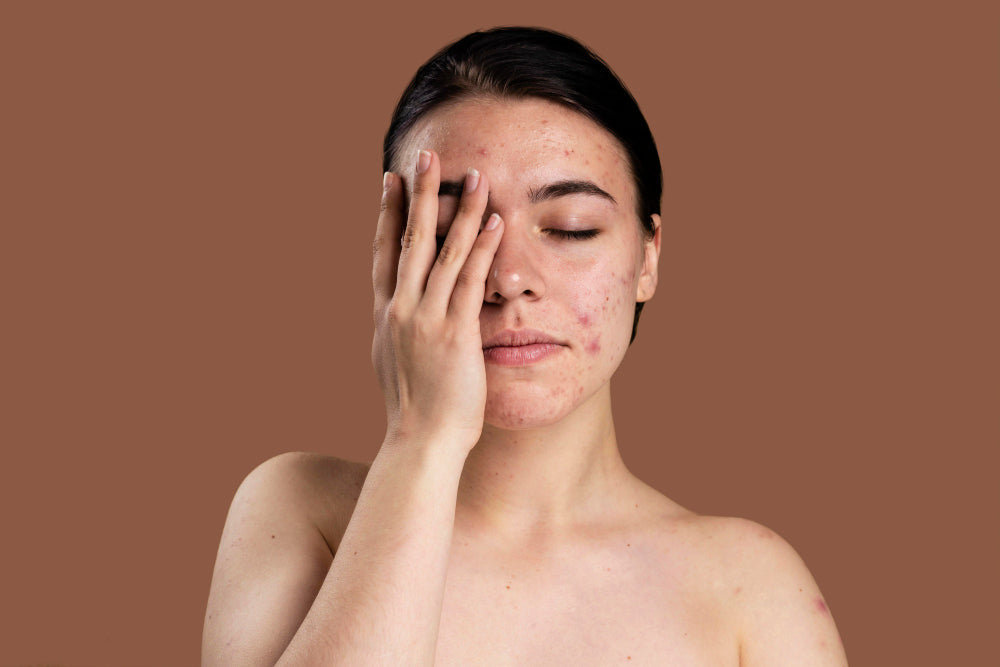
Related products
Forehead acne is a problem that can annoy a lot of people for a long time. It is vital to understand the causes that lie beneath your skin for effective treatment and prevention. Breakouts may have different reasons including hormones, lifestyles, regimen of care and atmospheric conditions as well. This article explores these common triggers and provides expert insights to help you achieve clearer, healthier skin. To build a complete skincare routine for acne-prone skin, visit Welzo’s Skin Care collection, where you can explore cleansers, moisturisers, and serums formulated to support clearer, calmer skin.
What are the Causes of Forehead Breakouts?
Common causes to forehead breakouts are hormonal shifts, way of life decisions, inadequate skincare programs and surrounding elements. Forehead breakouts could be very confusing, irritatingly disrupts an otherwise clear face. Identifying the root causes is crucial for addressing and preventing these issues.
Hormonal Changes and Forehead Acne
Fluctuation in hormones contributes majorly towards development of forehead acne. In the words of Dr Michael Green, a dermatologist at the London Skin Clinic “hormones such as androgens increase during puberty which leads to excess sebum production.” This extra oil blocks up pores thereby creating an environment that facilitates the occurrence of acne. The same hormonal changes can make women experience pimples during menstrual cycles or when pregnant or going through menopause. Research published in the British Journal of Dermatology indicates that nearly 50% of women suffer from adult acne, often linked to hormonal imbalance. Understanding this connection is vital for managing and treating forehead breakouts effectively. A gentle and effective acne-fighting cleanser like Acnecide Face Wash Gel contains benzoyl peroxide, helping reduce forehead inflammation caused by hormonal surges. It targets acne-causing bacteria without stripping the skin’s natural moisture barrier.
Lifestyle Factors and Forehead Acne
Lifestyle choices also significantly affect skin health thereby promoting forehead acne. Dr. Elizabeth Brown, a consultant dermatologist, states, "Diet, stress, and inadequate sleep are critical factors affecting skin condition." Eating a lot of sugar and dairy products has been connected with increased prevalence of acne. A research by the University of Nottingham showed that those following high-glycemic diets were 30% more likely to acquire acne.
Cortisol is released as a result of stress, this hormone can worsen existing acne because it causes inflammation and increases oil production in hair follicles. Also, lack of sleep leads to compromised skin repair mechanism manifesting itself in breakouts. Therefore, mitigating these lifestyle factors would entail having well-balanced meals, proper stress management strategies and sufficient sleeping hours. For quick on-the-go acne control, Witch S.O.S Blemish Stick 10g is a natural option made with witch hazel. It helps reduce redness and target forehead spots quickly, making it ideal for stress-related flare-ups.
Skincare Practices and Forehead Acne
The other common cause of pimples on forehead is wrong skincare habits. On the other hand over-cleansing or using harsh soaps will remove natural oils leading to excess sebum secretion. Dr. Anjali Mahto, a consultant dermatologist and author of "The Skincare Bible," advises, "Gentle cleansing twice daily with a mild cleanser helps maintain skin balance." Stridex Single-Step Acne Control Pads are alcohol-free and contain salicylic acid, helping unclog pores and exfoliate dead skin cells. They’re a practical solution for forehead breakouts without over-drying the skin.
Moreover it is important to use non-comedogenic products that do not block pores. In addition, according to the Journal Of Clinical And Aesthetic Dermatology about 60% patients report improvement after changing their products into those which are not comedogenic at all. One should also regularly exfoliate dead cells from his or her face while avoiding touching it with hands so as to further reduce pimples.
Environmental Factors and Forehead Acne
Forehead acne may also be caused due to environmental factors including exposure to pollutants as well as humidity effects around the individual’s living place. Dr. Richard Booth, an expert in dermatology, explains, "Airborne pollutants can settle on the skin, causing irritation and blocking pores." Research from King's College London has shown a correlation between high pollution levels and increased acne incidence. Similarly, when sweating or exposed to humid conditions like wearing hats and helmets. Regular cleansing and protective skincare can help combat these environmental triggers. To protect breakout-prone skin from UV damage and pollution, the EVE LOM Daily Protection SPF 50 Facial Sunscreen offers high SPF in a lightweight, non-comedogenic formula. It prevents sun-triggered flare-ups without clogging pores.
People Also Ask
How do you get rid of forehead breakouts?
To clear forehead acne, adopt a daily skincare regimen that involves mild cleansing twice every day with non-comedogenic cleanser. Products with benzoyl peroxide or salicylic acid may also assist in fighting acne. For those seeking fast results, Clearasil Ultra Rapid Action Pads reduce redness and swelling within 4 hours. These pads are ideal for controlling sudden breakouts on the forehead.
Does forehead acne mean stress?
Yes, forehead pimples can be attributed to stress. Stress causes release of hormone cortisol which raises oil production and inflammation leading to acne formation. Still this does not mean stress is only responsible for forehead acne; some other factors such as hormonal changes, skincare routine and lifestyle behavior have significant impact on it too. Relaxation techniques like yoga or meditation, enough sleep and exercising regularly help control stress effects on acne. If you’re unsure where to begin, explore Welzo’s full Medication for Acne section for dermatologist-backed treatments suited to various acne types and severities.
Why am I breaking out along my hairline?
Acne along the hairline can sometimes develop due to use of hair care products containing oils and chemicals that clog up pores commonly referred to as pomade acne. Besides these products touching the hairline often wearing hats or headbands frequently will cause sweat accumulation resulting in breakouts too. To prevent hairline acne, opt for non-comedogenic hair products, keep hair and accessories clean, and avoid excessive touching of the area. Regular cleansing of the hairline can also help remove product buildup and reduce the risk of breakouts.
Conclusion
Understanding the causes of forehead breakouts is essential to be able to effectively manage and treat the area. Although it may feel impossible to clear your skin, by finding the main cause, whether that is hormonal changes, lifestyle factors, skincare practices, or environmental factors, you can make the first step towards better skin. It is also advised to speak to a dermatologist to get help in finding products and medication that can improve your skin. Find out How to Get Rid of Blackheads Instantly







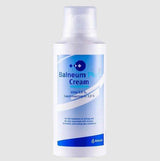




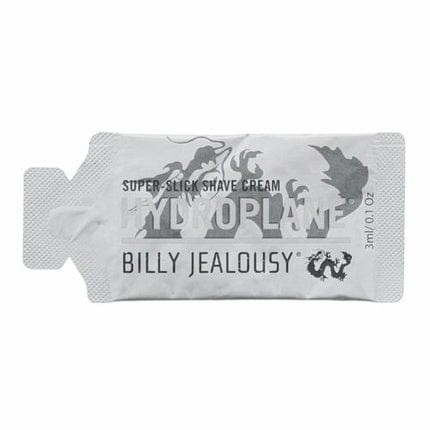
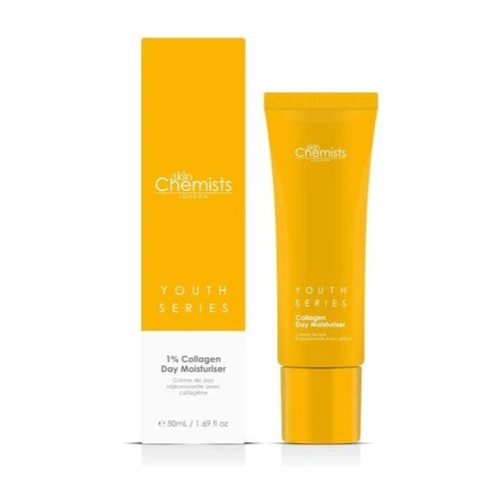
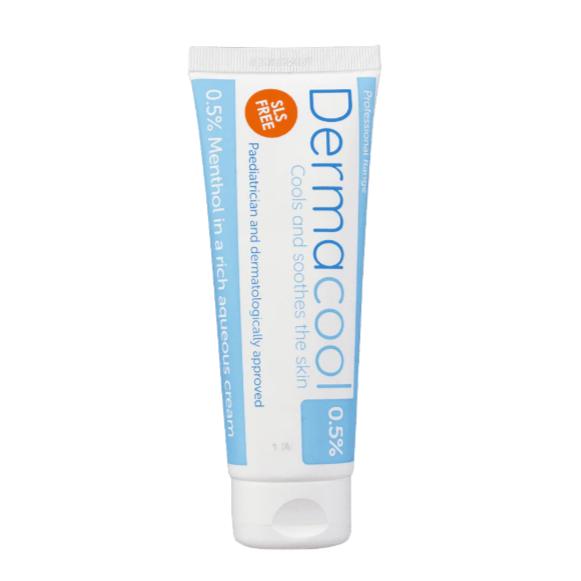
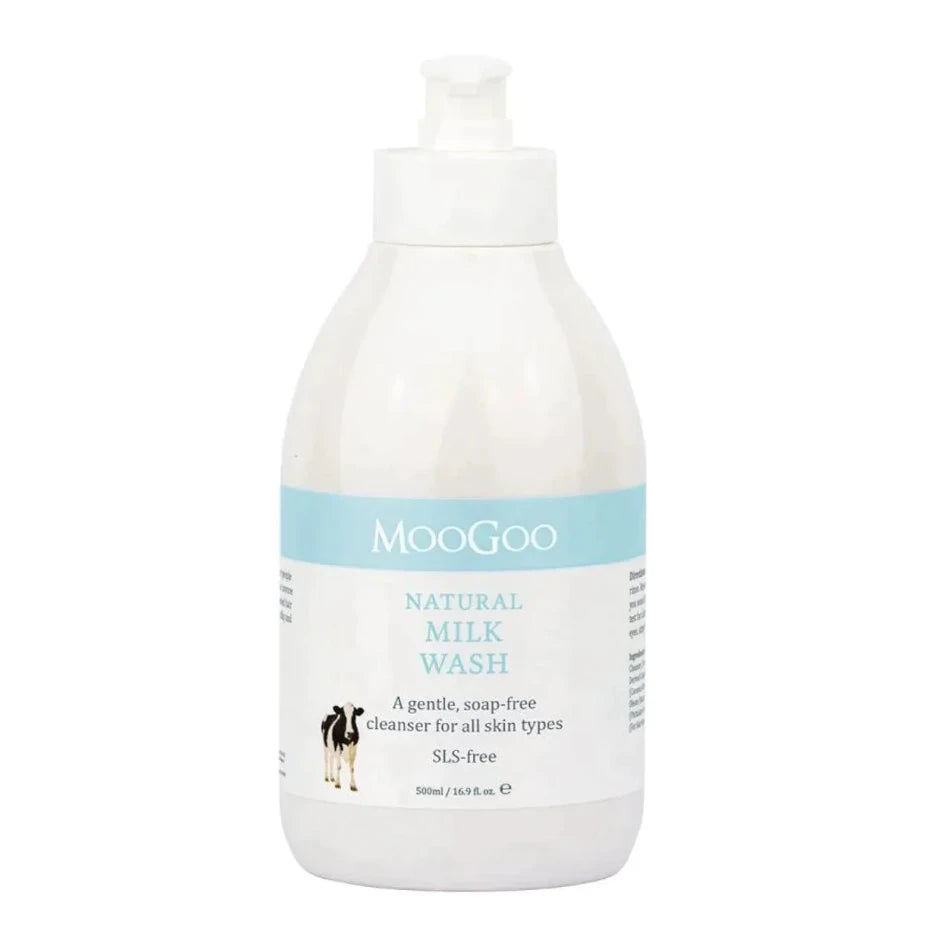
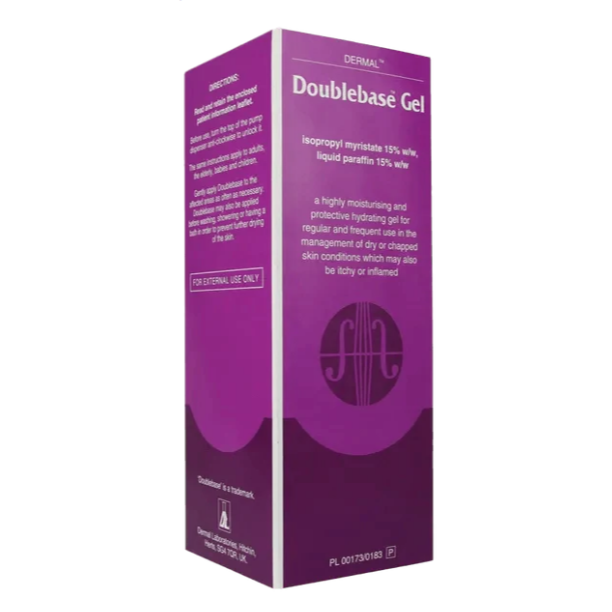


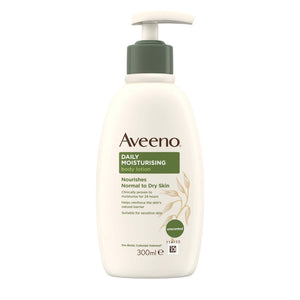










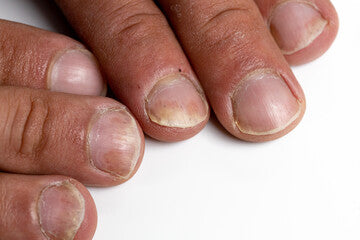


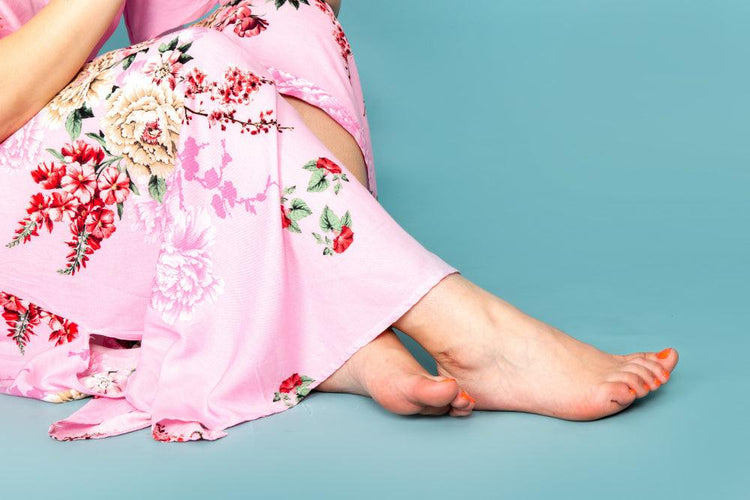
 Rated Excellent by 26,523+ Reviews
Rated Excellent by 26,523+ Reviews